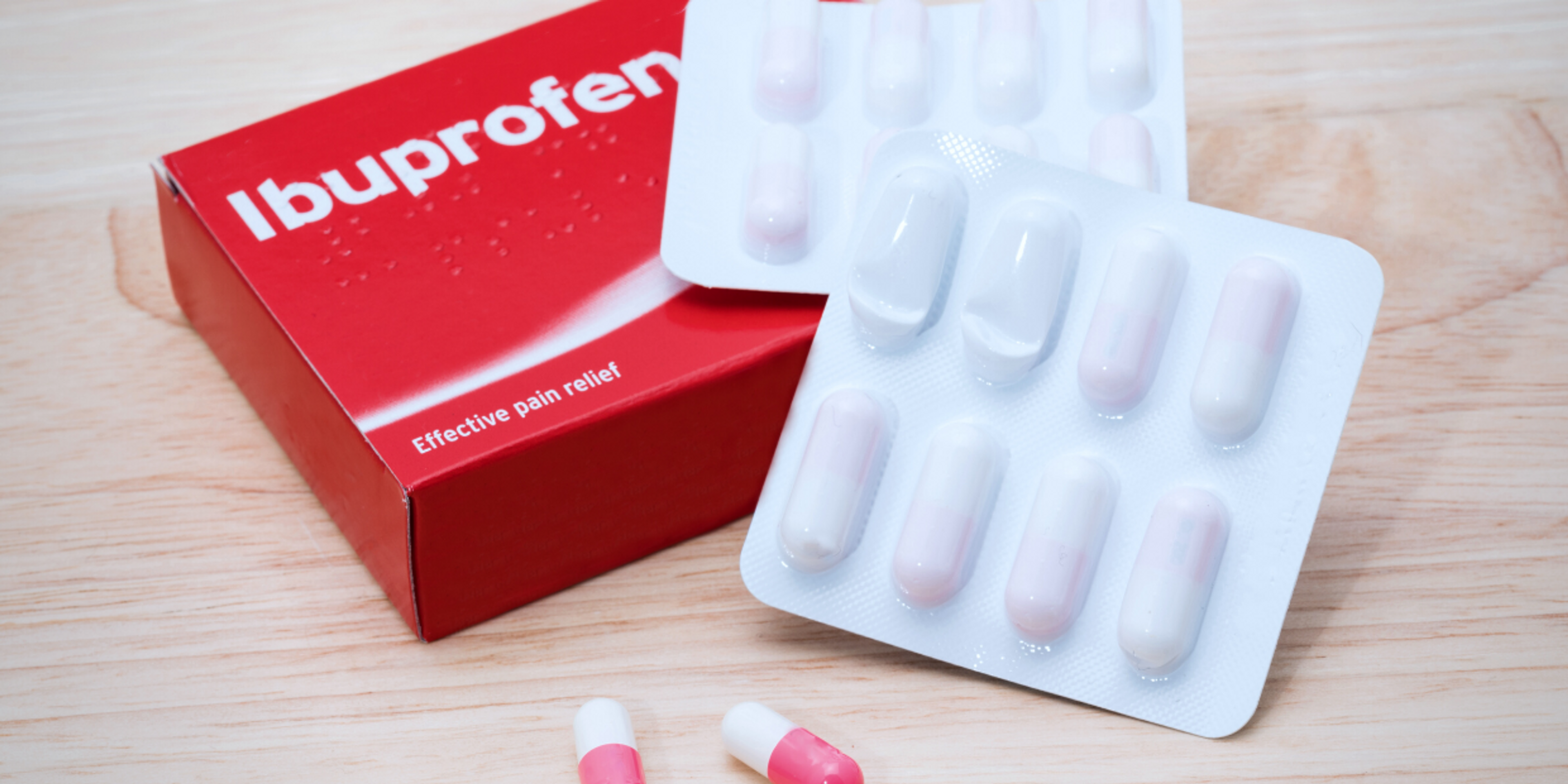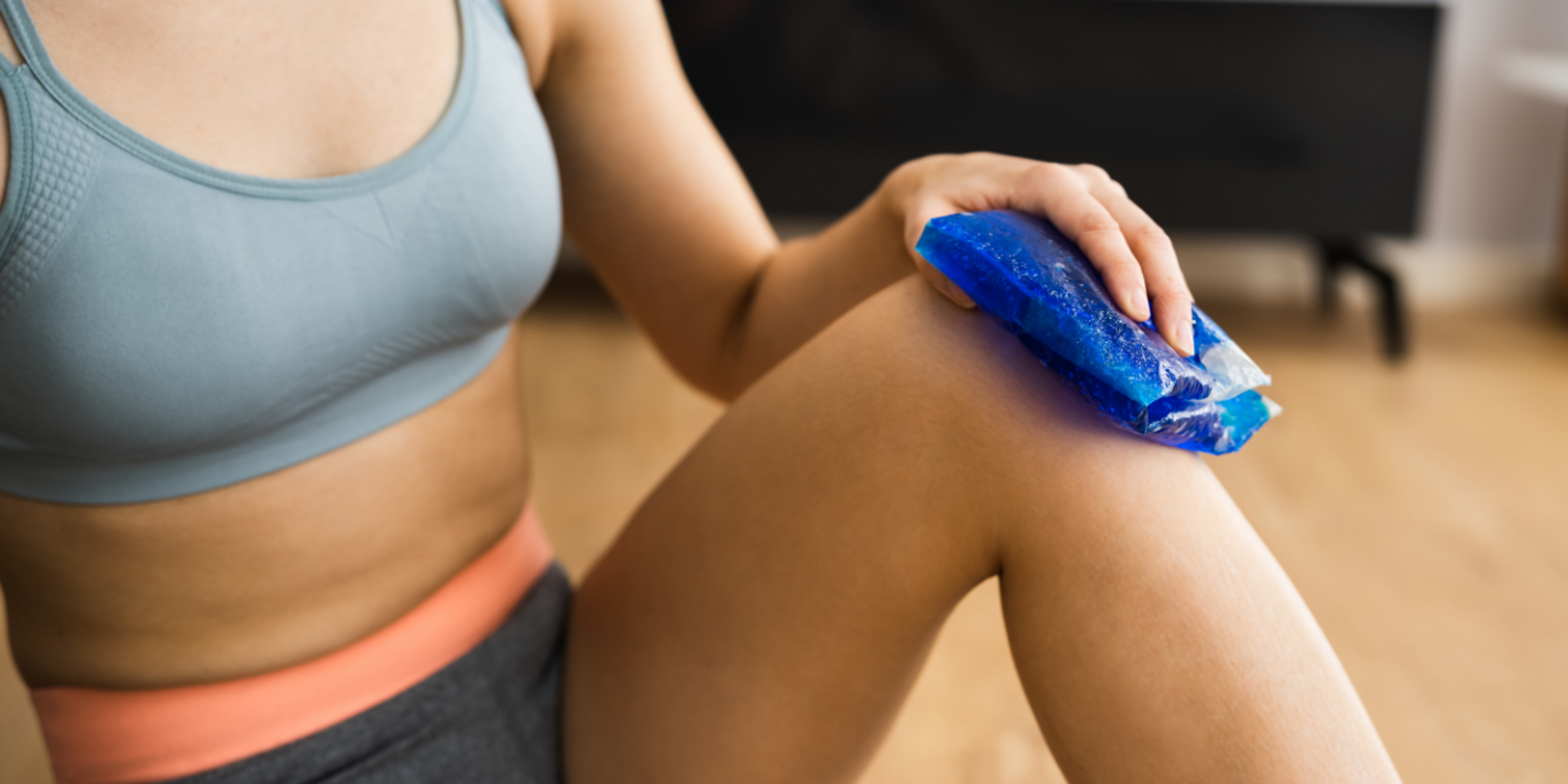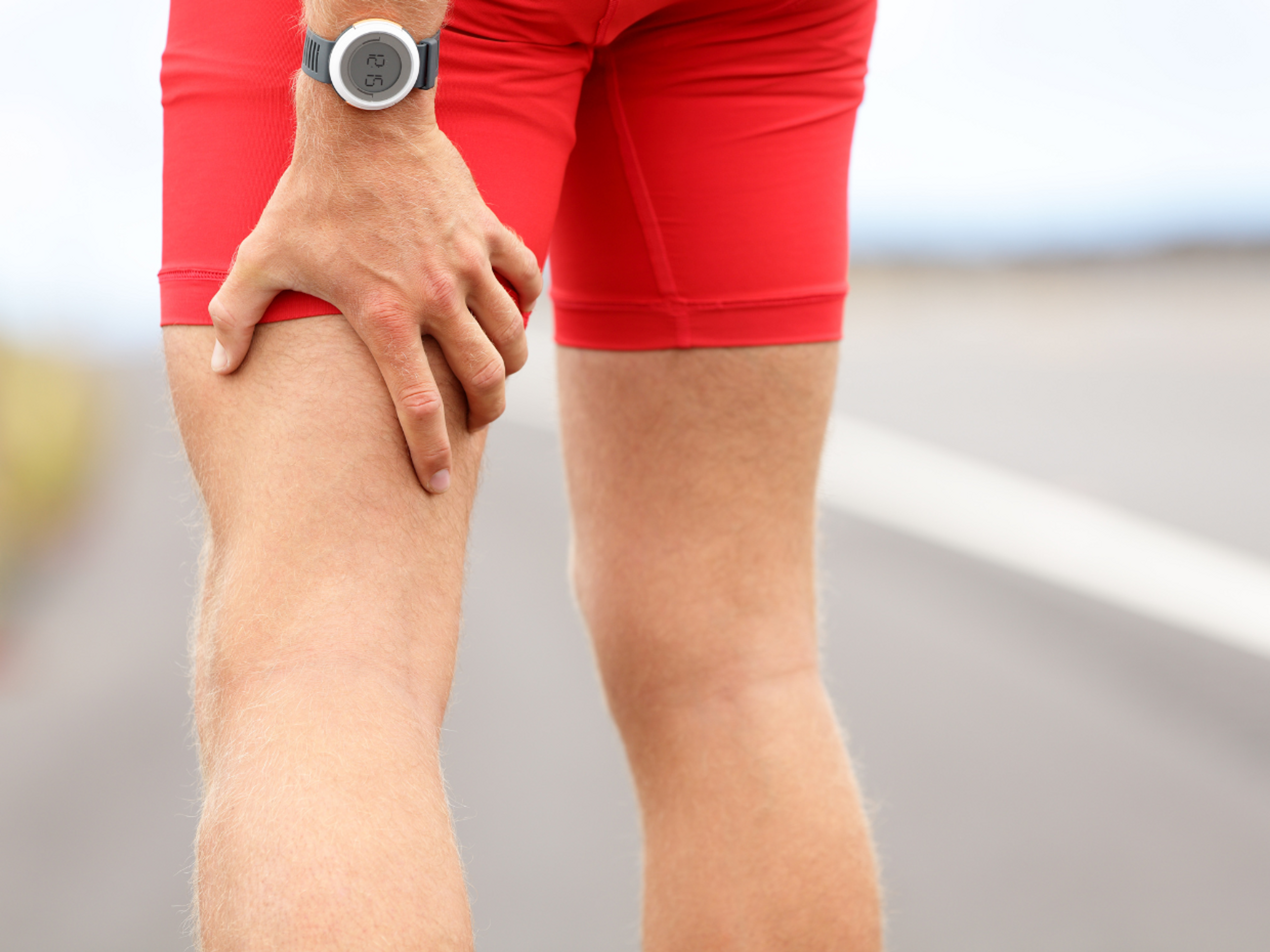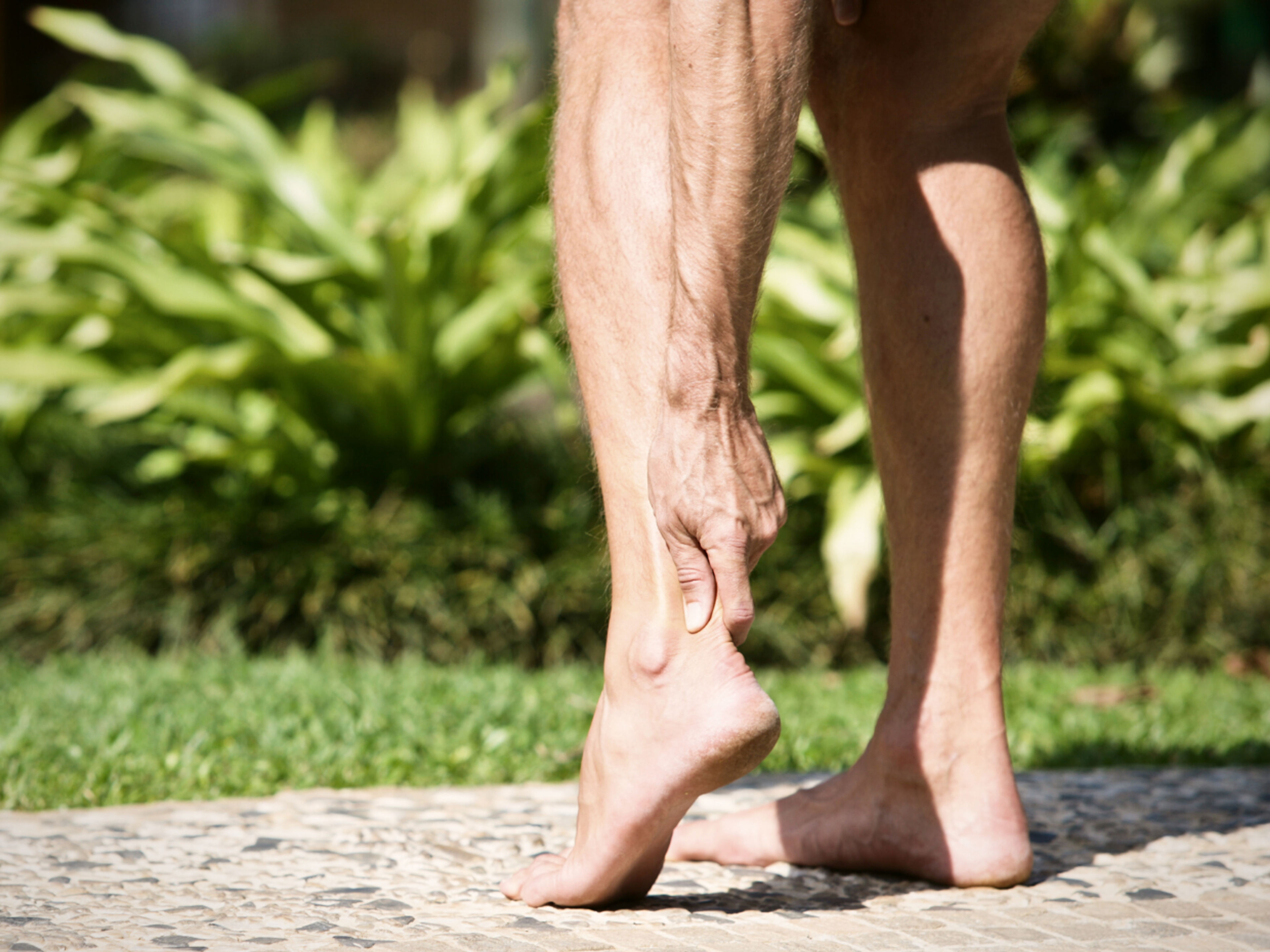Do anti-inflammatories (like ibuprofen) help healing?
Why people (mistakenly) think that anti-inflammatories can help heal sports injuries?
This is mainly due to a misconception with regards to inflammation. For some reason people have come to believe that inflammation is a bad thing and that your injury will heal more quickly if you can reduce the inflammation. But this is not true – inflammation is a very important part of the process that our bodies use to heal acute injuries like muscle strains and sprains.
Inflammation is important for the healing process.
Your body uses inflammation during the first 3 to 5 days of injury to get rid of the injured and damaged cells. The research has shown that, if you suppress this process, it can interfere with your healing response.
Yes, an excessive inflammatory response may not be good but in the case of most healthy people, their bodies will produce just enough inflammation to get the job done.
Anti-inflammatories can affect the outcome of your rehab
During stage 3 of the muscle healing process, the newly formed cells grow stronger in response to the rehab exercises that you do. Anti-inflammatories can blunt this response.
When you exercise your body sustains micro-damage. This is normal and your body uses the 24 to 48 hours after your training session to repair this micro-damage; this is how you grow stronger. There is research that shows that anti-inflammatory drugs negatively affect this repair process and that you don’t get the same increases in strength if you use anti-inflammatory medications when training.
Anti-inflammatory medication affect more processes in your body than just inflammation
Your body uses enzymes to control all the processes that happen in the cells. The same enzyme, when released under different conditions, can cause different things to happen. COX-2 is one of the many enzymes that are involved in the inflammatory process but it is also involved in the production of new cells.
What the research has shown is that, when you take anti-inflammatories to decrease pain and inflammation, you also inhibit the production of new cells. In studies done on rats, anti-inflammatory drugs caused mal-union of fractures in 30% of the animals and this rate increased with higher doses. This is also supported by prospective research on humans.
The research has also shown that these drugs negatively affect the healing of injuries in the area where tendons attach onto bones (like insertional Achilles tendonitis) as well as muscle strains.
Pain is not a bad thing
Yes, nobody likes pain but pain can act as a good safeguard when you’re recovering from an injury. If you take medication that numbs all the pain, you’re more likely to overdo things and make your injury worse.
That said, excessive pain is also not good. If your pain is of such a level that it is interfering with your sleep or just making your life miserable, speak to your doctor to find out what medication you can use. Anti-inflammatories are not the only option available.
If your rehab exercises are causing a spike in pain, it may mean that they aren’t right for you. The Exakt Health app uses your feedback about pain and effort levels to adjust the intensity of your exercise plan. You can check what rehab plans are available in the app here.
Exceptions to the rule
In medicine you will find that there are always exceptions to the rules. There are certain conditions and circumstances that will require you to take anti-inflammatory medication and where it is the best thing that you can do. For instance, sometimes your body may cause excessive inflammation which can cause your injury to get worse. If this is the case, anti-inflammatory medication may be the right choice of treatment. You should consider discussing this with your doctor so that you understand your options.
We understand. We've been there too.
Here’s our story and why we started Exakt Health.
The Exakt Health App provides a convenient, intuitive and science-based injury rehab experience for runners.
Our information is based on trusted medical evidence and reviewed by licenced sports physiotherapists, with each rehabilitation plan tailored to your unique grade of injury and phase of healing.




